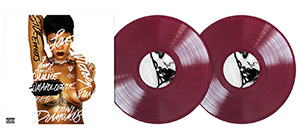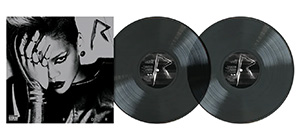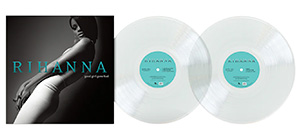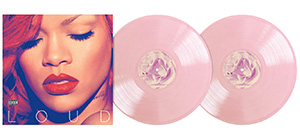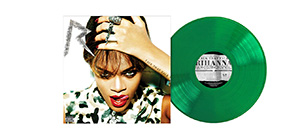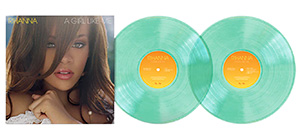Heaven 17 Celebrate 40th Anniversary With North American Tour
The run launches September 16 at Daryl’s House in Pawling, NY.

New wave/synth-pop masters Heaven 17 will be coming to North America this fall for their first-ever headlining transatlantic tour celebrating their storied 40-year career.
The acclaimed British duo of Martyn Ware and Glenn Gregory will perform their much-loved greatest hits, including “Temptation,” “Let Me Go,” and “Hands Up To Heaven,” classic tracks, and other highlights. The 15-date We Don’t Need This Fascist Groove Thang outing launches September 16 at Daryl’s House in Pawling, NY and will stop in major cities including Boston, Detroit, Chicago, Toronto, Philadelphia, New York City, Los Angeles, San Diego, San Francisco, and Portland, among others, before wrapping in Seattle on October 6.
“Our first trip to America as Heaven 17 was to New York in 1981; in fact, it was my first-ever trip to the USA and was a truly amazing experience. I can’t remember how on earth this came about, but we were going to play our first-ever live performance at the legendary Studio 54,” shares Gregory.
“We have, believe it or not, only ever played the States twice since then – once at a brilliant sold-out gig at The Highline Ballroom in NYC and the other at the Music Tastes Good festival in Long Beach, California, both in 2017. So, it’s certainly way past the time for Heaven 17 to finally come and tour in America and we are on our way! We know we have some amazing fans over there and we’re really excited to, at last, be able to play in front of all of them.”
Taking their name from the Anthony Burgess novel A Clockwork Orange, Heaven 17 grew out of the experimental production outfit the British Electric Foundation, itself an offshoot of the electro-pop group The Human League. In 1981, Martyn Ware and Ian Craig Marsh left The Human League, recruited vocalist Glenn Gregory and Heaven 17 was born. Their critically acclaimed first album Penthouse and Pavement, featuring their debut single “(We Don’t Need This) Fascist Groove Thang,” followed the same year and remains a modern classic and just as relevant today.


